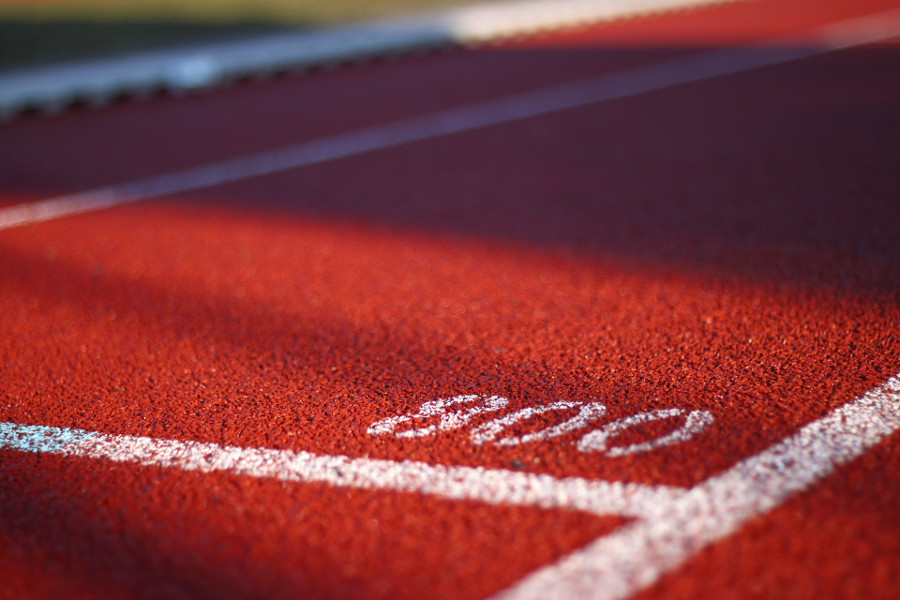Practice, hard work, and perseverance are imperative for learning new skills. We all know this – too well maybe. We sometimes feel it is necessary to drag ourselves through hours and hours of seemingly never-ending practice to have any chance of making progress.
Not all practice is equal
If you identify with the above, you might want to reconsider. If the sheer quantity of practice was enough to create experts, a lot of us should have been better drivers by now!
This is not the case though because we are not consciously working at getting better. As a matter of fact, we might not be even conscious about it at all. Look at a child just learning to tie her shoelaces. The amount of concentration and focus she puts into it is heartwarming. The only reason you know you tied your shoelaces this morning is that you have your shoes on now. We no longer think about routine activities we carry out frequently; we operate on autopilot.
Practice makes permanent
But here is the problem: you do not get better on autopilot. The old saying “Practice makes perfect” is not entirely accurate. Practice makes permanent, not perfect. In other words, it reinforces what you are already doing, but does not necessarily get you to the next level. You might have put some energy into learning how to cook, for example, when you first started. Once you felt your cooking was good enough and stopped investing in it, the thousands of meals you prepare afterward will not get you to be a world-class chef. According to research, after reaching an “acceptable” level of performance, years of added experience do not lead to improvements. This is not to discount the importance of practice, it remains the only way to master any skill. Rather it makes a case against the mindless repetition of the same activity over and over again in the hope of improvement.
Deliberate practice
So what is the difference between, say, an athlete who hits a plateau and stays there, and one who progresses further? What Anders Ericsson calls “deliberate practice”. Basically, it is structured highly focused practice with the goal of improving specific aspects of one’s performance. Focused is a keyword here. There is a difference between picking up a paintbrush to unwind at the end of the day and engaging in a challenging highly demanding session of mindful practice. Actually, deliberate practice is so mentally demanding, top performers reportedly need more sleep to recover from the intense mental effort they exert.
Habits of great performers
These top performers and others across varied disciplines share such remarkably common routines, it makes the case that great performers are in fact those great at practice. For example:
- Great performers operate at the forefront of their abilities. In other words, they constantly challenge themselves by working at their weakest, least comfortable, areas. Joshua Foer explains, “The best figure skaters in the world spend more of their practice time practicing jumps that they don’t land than lesser figure skaters do. The same is true of musicians.“ Sitting at the piano and playing the scales for the hundredth time might give you a pleasant sense of mastery, but it is the frustrating failures that have more to teach you. What’s more, whenever great performers master a certain level, they purposely vary their routines and introduce “desirable difficulties” to up their game.

- Let’s clear any possible misunderstanding. You do need to work hard, and you need to put in the hours; all top performers invariably do. What they also do is work smart, and optimize their efforts. Contrary to what we might think, masters do not spend every minute of their waking time training. They usually break their practice time into smaller more focused periods, with breaks in between. It is a marathon, not a sprint. Massing practice works when you are getting started, but once you have built a basic foundation for a skill, distributed practice maybe be more effective in pushing you further. Consistency and concentration are better strategies for long-term success.
“As a rule of thumb, I think that anyone who hopes to improve skill in a particular area should devote an hour or more each day to practice that can be done with full concentration.”
Anders Ericcson
- Well-informed, timely feedback is a crucial element of effective practice. You must ensure a continual flow of information about your performance so you can adjust it accordingly. Some activities are more clear-cut and easier to measure than others. If you are shooting a basketball or lifting weights, the feedback is obvious and immediate. If you are rehearsing a presentation or working on your negotiation skills, you may not be able to objectively evaluate your performance. This is where enlisting outside help, like that of a professional coach or a friend, would be a good idea. World-class athletes are obviously better at what they do than the coaches they hire; yet these players are willing to pay fortunes to get the best performance support they can have.
Now what
- Deconstruct the skill you are trying to master into core elements. Analyze your current performance level in each and identify your weak spots.
- Set goals for strengthening the most limiting aspects of your performance. Your goals should be challenging but not overwhelming.
- Identify a feedback mechanism whether that is a coach, a friend, or your own performance indicators.
- Set practice sessions at times when you are most productive. Limit the duration of each session to a period in which you can remain highly focused.
- Avoid distraction during your deliberate practice sessions. Stay away from your smartphone.
- When you reach a performance plateau, change your practice routines. Introduce difficulties, combine elements, increase or decrease speed…etc.
- Monitor your progress and process feedback. Consider possible solutions, test and modify as necessary.
- Finally, remember Bruce Lee’s words, “Long-term consistency trumps short-term intensity.”


